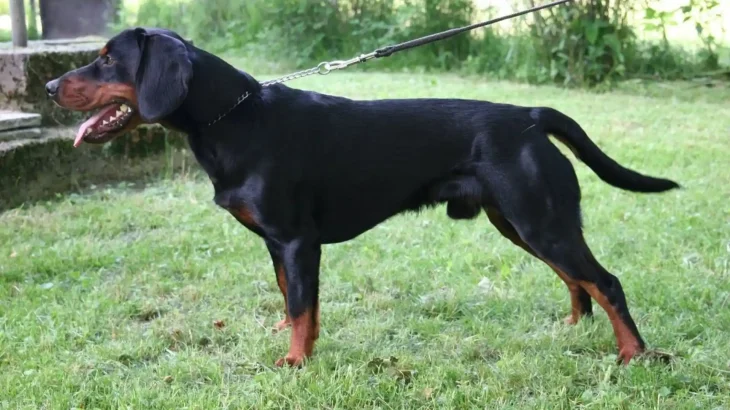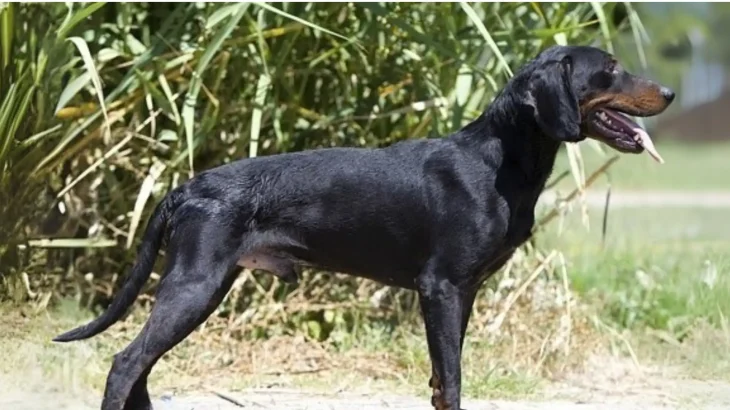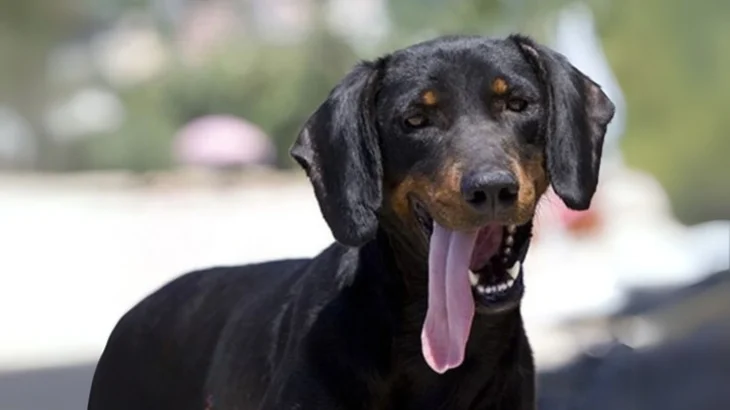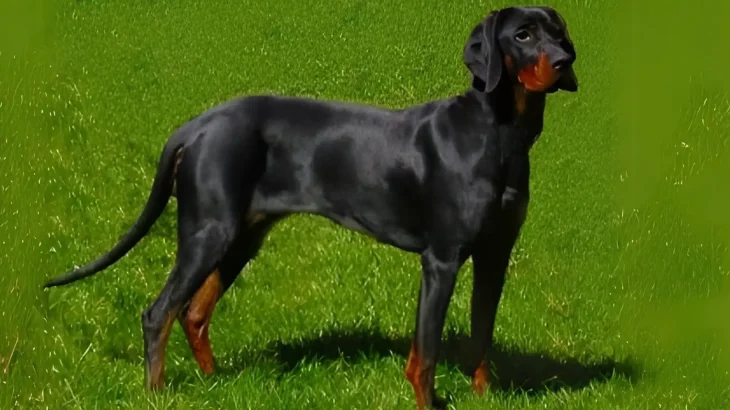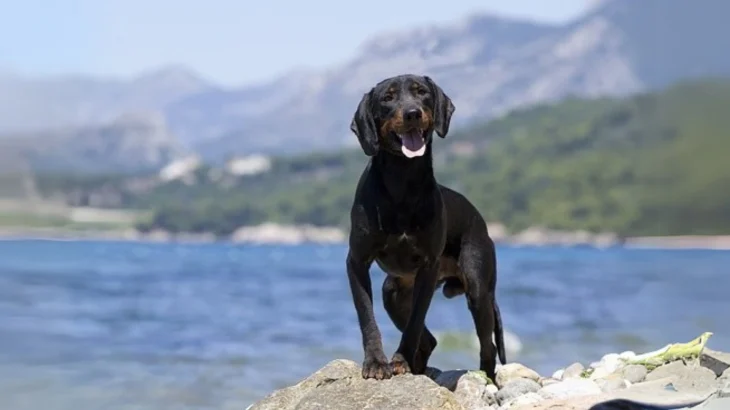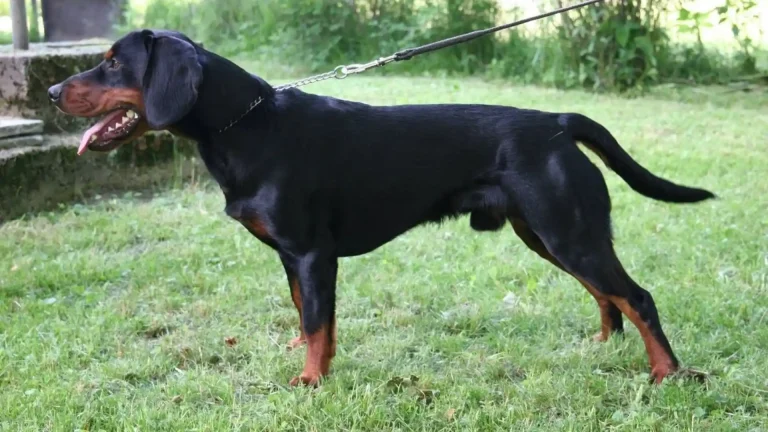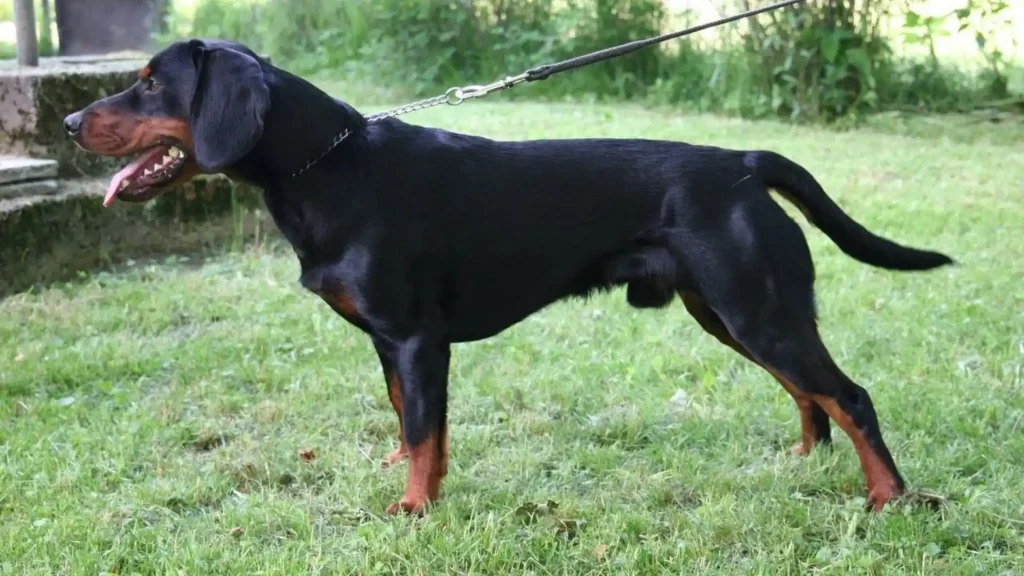Deciding whether to adopt or purchase a Montenegrin Mountain Hound puppy depends largely on your priorities regarding cost, health transparency, and ethical considerations. Purchasing from a reputable breeder often guarantees detailed health history and breed purity, while adoption typically offers a more affordable way to provide a loving home to a dog in need.
Adoption vs. Breeder: Pros & Cons
| Criteria | Buying from Breeder | Adopting from Shelter/Rescue |
|---|---|---|
| Cost | Higher cost due to breed purity and detailed lineage, reflecting pedigree and breeding quality. | Lower adoption fees, usually including vaccinations, spaying/neutering, and microchipping. |
| Health History | Comprehensive health records and potential genetic screenings provided. | Health may be less documented; shelters perform basic health screenings. |
| Age Availability | Primarily puppies, allowing you to raise them from an early age. | Varied ages, including adults and seniors needing homes. |
| Temperament Insight | Breeders offer insights based on lineage and parent temperament. | Shelter staff observe behavior but background info may be limited. |
| Ethical Considerations | Supports responsible breeding if breeder is ethical. | Helps reduce shelter populations and rescues dogs in need. |
| Breed Purity & Pedigree | Ensured breed purity with documentation and pedigree certificates. | Breed purity less certain; may be mixed or unknown lineage. |

